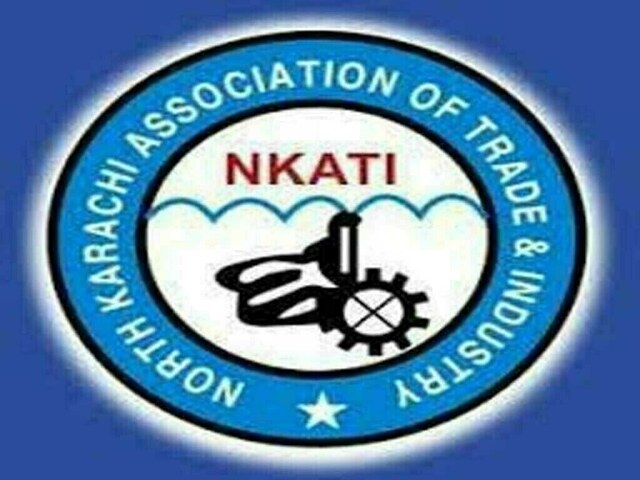By Recorder Report
Copyright brecorder

KARACHI: Faisal Moiz Khan, President of the North Karachi Association of Trade and Industry (NKATI), has warned that maintaining the current policy rate will severely impact the business environment, discourage investment, and undermine ongoing efforts by the government and Chief of Army Staff, General Syed Asim Munir to stabilise the economy.
Expressing disappointment over the State Bank of Pakistan’s decision to keep the policy interest rate unchanged at 11 percent, Faisal Moiz emphasised that the business community is the backbone of Pakistan’s economy, and exporters earn valuable foreign exchange for the country.
“If hurdles are placed in their path, exports will inevitably suffer,” he said.
He stressed the urgent need for a business-friendly monetary policy — one that brings the interest rate down to single digit — to boost industrial production, create employment opportunities, and stabilise prices.
The NKATI president noted that the business community has consistently urged the State Bank to reduce the interest rate to single digits so that monetary policy aligns with the country’s economic needs and promotes sustainable growth.
He called on the State Bank to reconsider its decision and adopt a policy framework that supports the business sector by reducing borrowing costs and creating conditions conducive to economic growth.
Meanwhile SITE Association of Industry (SAI) has strongly criticised the State Bank of Pakistan (SBP) for maintaining the policy rate at 11 percent, warning that the decision could derail the government’s efforts to stimulate economic activity and deter investment.
President of the SITE Association of Industry, Ahmad Azeem Alvi, expressed deep concern over the central bank’s decision, reiterating the business community’s long standing demand to bring the policy rate down to single digits.
“Despite a consistent decline in inflation in recent months, the SBP has opted not to ease its monetary policy. This decision is disappointing and counterproductive, especially when the government is striving to revive economic momentum,” said Alvi.
He further emphasised that maintaining high interest rates severely impacts the viability of small and medium-sized enterprises (SMEs), which are already grappling with rising production costs. “Expensive credit is pushing SMEs to the brink. If the SBP cannot slash the rate substantially in one go, it should at least consider gradual reductions to support the industrial sector,” he added.
Alvi pointed out that regional competitors offer business-friendly financial environments with easier and more affordable credit access, urging the SBP to take note and align its policies with global trends to foster local industrial growth.
SAI chief urged the Monetary Policy Committee to reassess its stance in light of ground realities, stressing that a downward revision in the policy rate is essential for encouraging business expansion, promoting investment, and putting Pakistan back on the path of sustainable economic development.
Muhammad Aman Paracha, Vice President of the Federation of Pakistan Chambers of Commerce and Industry (FPCCI), has said to keep Pakistani businesses competitive in the global market and to foster a pro-growth environment, the policy rate must be brought down to single digits without delay.
Paracha said the central bank’s stance contradicts prevailing economic realities and fails to support growth-oriented policy measures.
“A balanced and non-controversial monetary policy — featuring a single-digit interest rate — is essential to enhance industrial output, generate employment opportunities, and stabilise prices,” he emphasised.
Citing official government data, Paracha pointed out that inflation dropped to 3 percent in August 2025, making a strong case for reducing the policy rate. “Given the significant decline in inflation, the policy rate should initially be brought down to single digits and subsequently to a range between 6 to 7 percent,” he said, adding that such a move would align fiscal policy with current economic trends and help stimulate growth.
He further warned that Pakistan’s interest rate remains significantly higher than other countries in the region, which negatively impacts business confidence, discourages investment, and increases the cost of production.
“High interest rates limit currency circulation and restrict economic activity, ultimately impeding national economic recovery,” Paracha noted.
The FPCCI vice president underscored that maintaining high borrowing costs would continue to burden the business community, disrupt industrial planning, and damage investor sentiment.
Copyright Business Recorder, 2025



